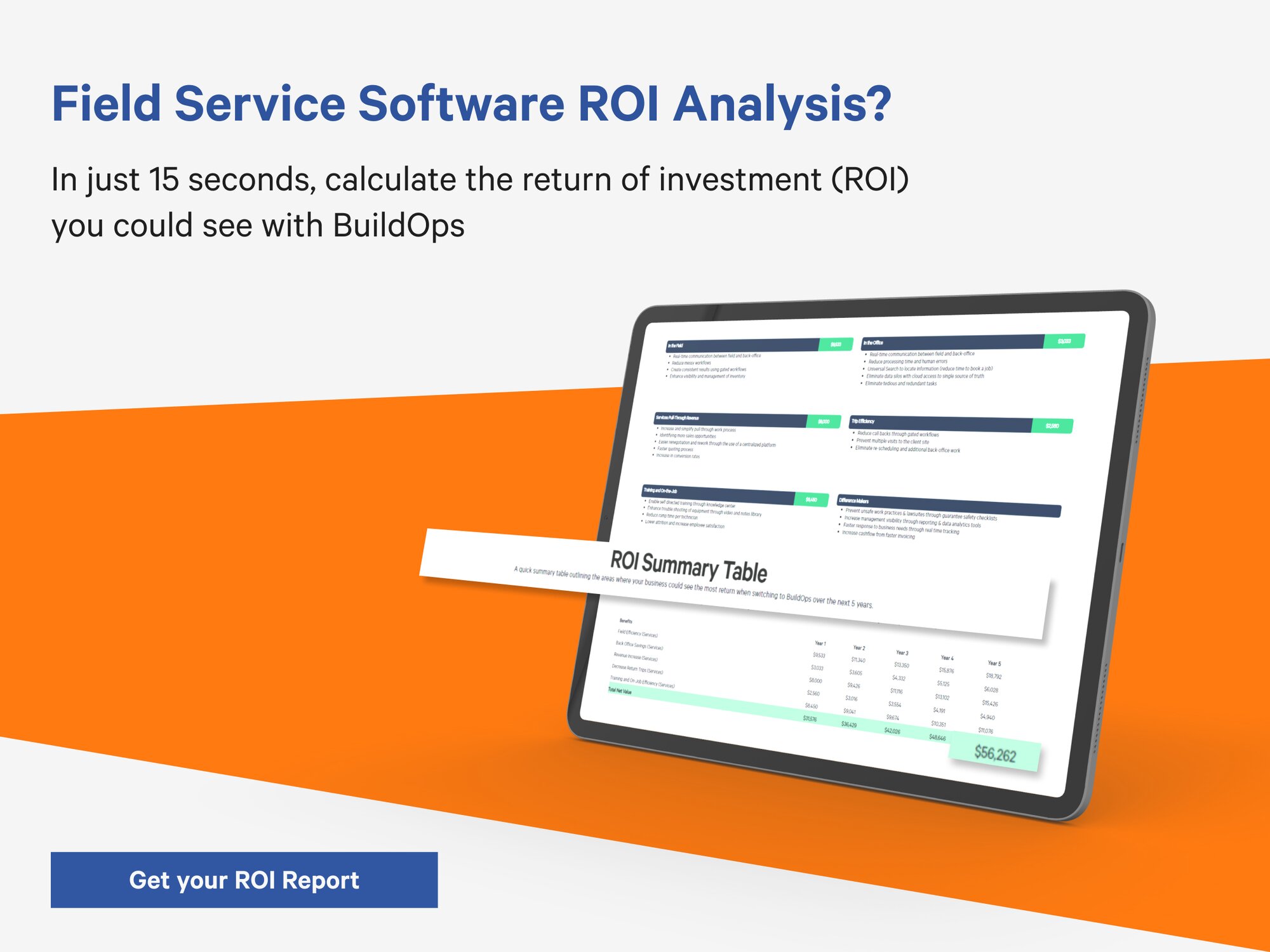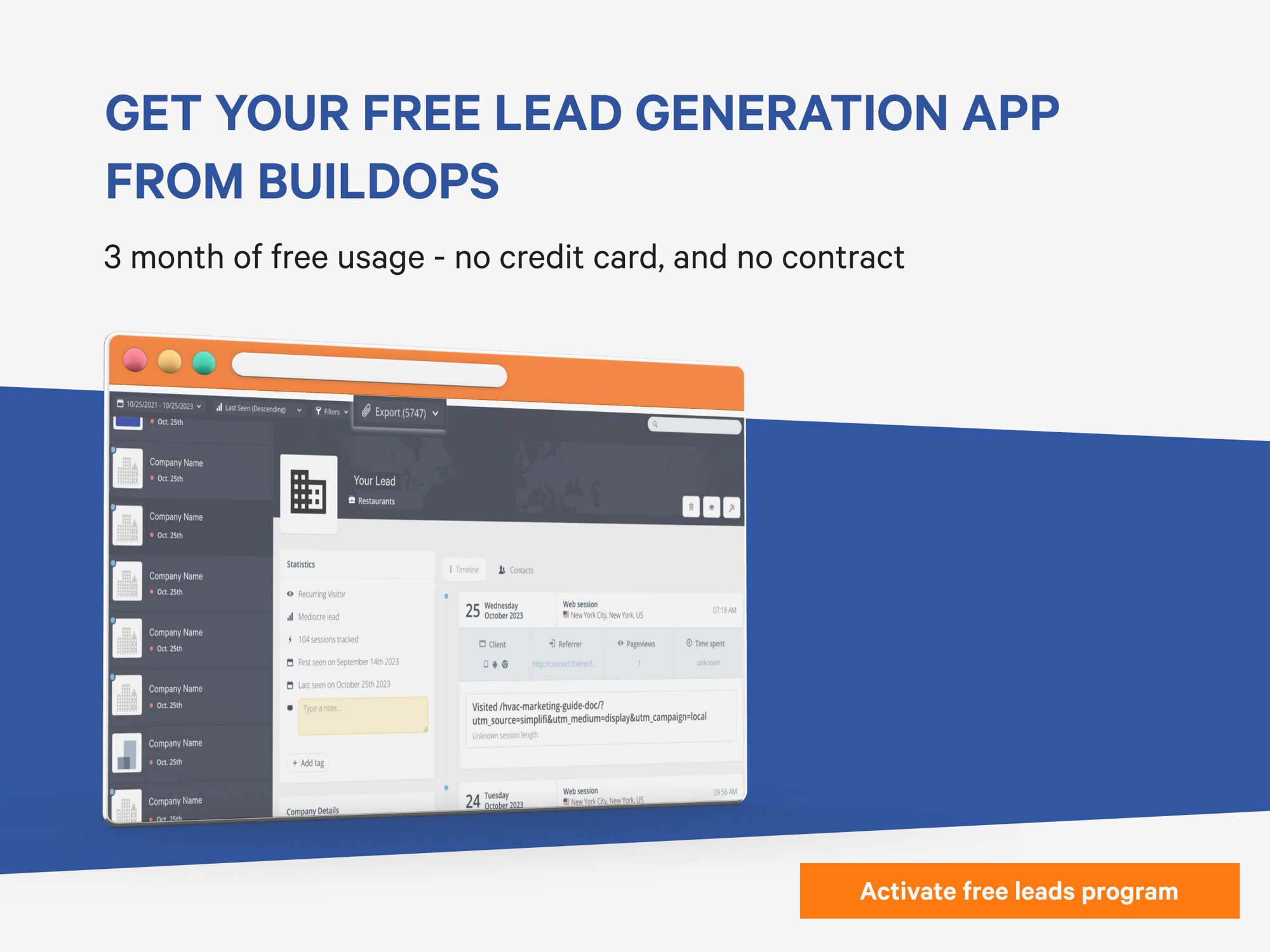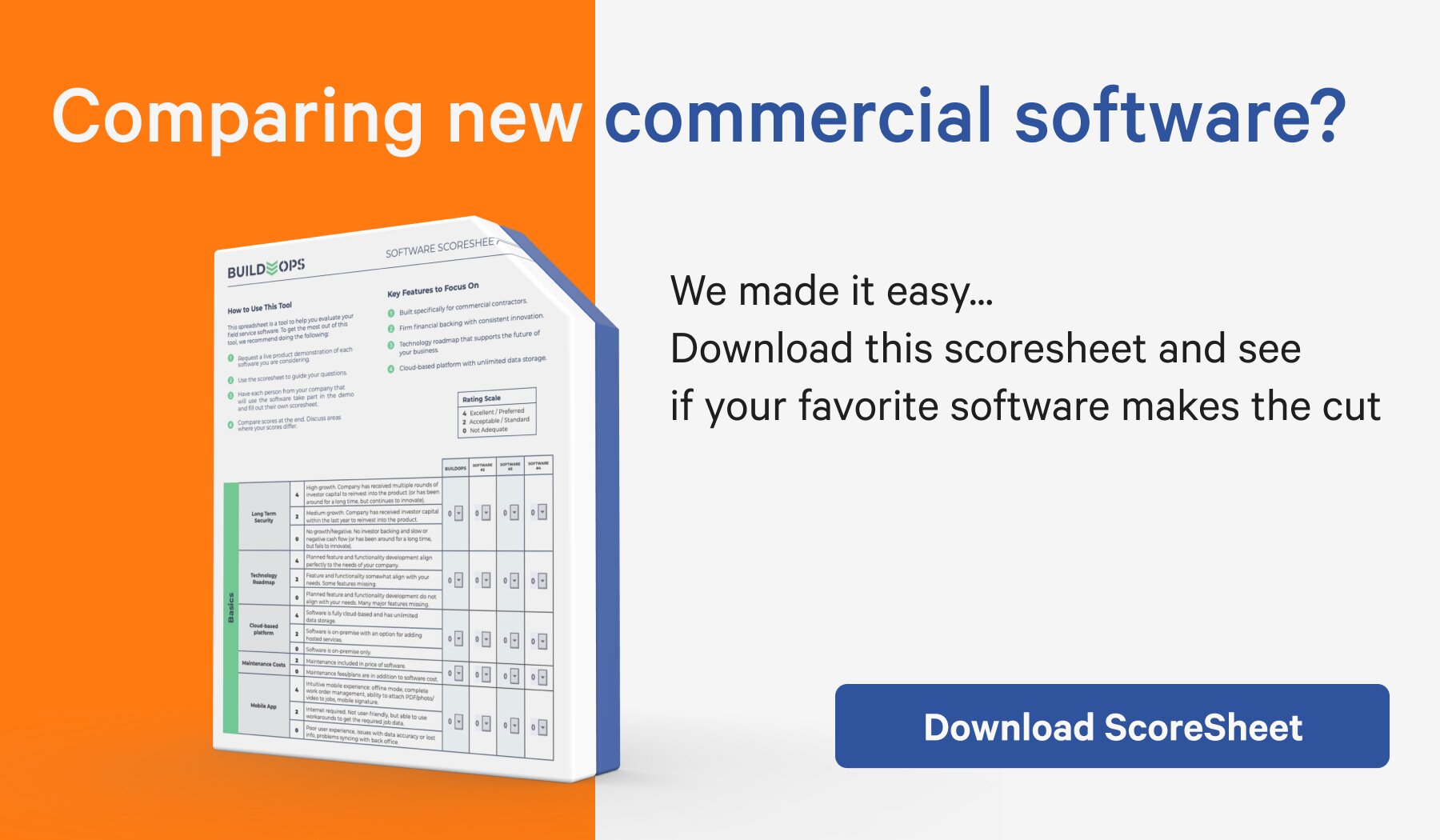Key Takeaways
CRM (Customer Relationship Management) is a must-have for startup companies in order to succeed. It is an important tool for streamlining customer interaction, tracking customer data, increasing customer engagement, and more.
With a CRM system, businesses can track customer activity by collecting and analyzing valuable customer data. This data can be used to improve customer experience, develop marketing strategies, and optimize operations. It can also be used to foster customer loyalty by quickly recognizing customer preferences and offering personalized offers, marketing campaigns, and discounts.
CRM systems also allow businesses to segment customers by geographies, demographics, and customer behavior patterns. This data can be used to identify customer groups that can be targeted with customized marketing strategies. Additionally, it can be used to determine which products or services have the biggest potential for success.
In addition, CRM systems can increase customer engagement and help businesses build a strong loyal following. Through automated processes, CRM systems can save time by helping businesses manage customer interactions. This leaves room for businesses to focus on strategic tasks such as expanding customer base and finding new markets.
Overall, CRM is an essential tool for startup companies to be successful. It helps businesses collect and analyze customer data, segment customers, and automate interactions with customers. It also increases customer engagement and enables businesses to create customized marketing strategies to target potential customers. Therefore, startups must invest in a CRM system to build and maintain successful customer relationships.
Overview of CRM and its Relevance to Startup Companies
CRM (Customer Relationship Management) is an essential tool for startup companies. It helps businesses collect customer data, segment customers, increase customer engagement, automate interactions with customers, and create customized marketing strategies. It also helps businesses identify which products and services have the biggest potential for success.
In addition, CRM systems allow businesses to track customer activity by collecting and analyzing customer data. This data can be used to improve customer experience, develop marketing strategies, and optimize operations. Furthermore, businesses can segment customers and create targeted marketing campaigns to the groups with the biggest potential. This can help businesses nurture customer relationships and increase their loyalty.
Moreover, automated processes enabled by CRM systems save time and help businesses focus on strategic tasks such as expanding customer base and finding new markets. This can ultimately help businesses build their customer base and increase their market share.
To summarize, CRM is an invaluable tool for startup companies to be successful. It not only helps businesses collect data, segment customers, and create customized marketing strategies, but also automate customer interactions and increase customer engagement. Therefore, startups must invest in a CRM system to maintain and improve customer relationships.
Benefits of Utilizing a CRM System For Startup Companies
Starting a business is a complex process, but having a fully-functional CRM system in place can help mitigate some of the challenges. CRMs streamline customer engagement, collect valuable customer data, and aid in the building of strong customer loyalty.
Using a CRM system helps businesses collect and analyze customer data, which can offer valuable insights about customer preferences and behavior patterns. This data can be used to tailor marketing strategies and create unique offers for customers. Additionally, businesses can segment customers into groups to better target customers with tailored strategies.
Furthermore, automated processes built into a CRM system can save time by helping businesses manage customer interactions swiftly and efficiently. This leaves room for businesses to prioritize activities that are necessary to their success, such as building their customer base and finding new markets.
Overall, utilizing a CRM system helps startup companies manage customer engagement, collect customer data, and build a strong customer base with loyal customers. It also helps businesses segment customers, create tailored marketing campaigns, and manage interactions with customers. Therefore, start-up companies must invest in a CRM system for their success.
Analyzing Customer Data Using CRM
CRM (Customer Relationship Management) is an invaluable tool for businesses to gain insights about their customers. It enables businesses to collect and analyze customer data in order to understand customer behavior patterns, preferences, and trends.
CRM systems allow businesses to collect customer data by tracking customer interactions, purchases, and feedback. This data includes customer demographics, geographies, spending habits, interests, likes, and dislikes. Such data can be used to segment customers into groups that can be targeted with tailored marketing strategies.
Analyzing customer data also helps businesses understand customer needs and preferences. This allows businesses to offer unique services and products that accurately fulfill customer needs. Furthermore, customer data can be used to identify customer segments with the most potential prospects, and target them with customized offers.
Analyzing customer data also helps businesses measure customer satisfaction. This data can provide valuable insights into customer experience with the products and services. Furthermore, feedback and surveys can be used to identify and address customer grievances in order to optimize customer service.
To conclude, analyzing customer data with a CRM system helps businesses understand customer behavior patterns, preferences, and trends. It allows businesses to offer unique services and products that accurately fulfill customer needs and measure customer satisfaction. Therefore, businesses must utilize a CRM system to gain valuable insights about their customers.
Maximizing Customer Engagement with CRM
CRM (Customer Relationship Management) is an essential tool for businesses to maximize customer engagement. By tracking customer activity and collecting customer data, businesses can foster customer loyalty and increase customer satisfaction.
By utilizing a CRM system, businesses can collect customer data including demographics, spending habits, interests, and preferences. This data can be used to identify customer segments that can be targeted with tailored offers and marketing campaigns. Additionally, businesses can use it to determine which products or services have the biggest potential for success.
Furthermore, CRM systems allow businesses to streamline customer interactions. This helps businesses quickly and efficiently manage customer inquiries and complaints. Automated processes also help businesses detect irregularities in customer behaviors and take necessary action.
In addition, CRM systems help businesses provide personalized experiences to customers by offering relevant products, offers, and discounts based on customer data. This helps businesses build a strong customer base and increase customer loyalty.
Overall, CRM is an essential tool for businesses to increase customer engagement. It helps businesses collect customer data, segment customers, manage customer interactions, and offer personalized experiences. Therefore, businesses must prioritize CRM in order to build long-lasting customer relationships.
Strategies for Investing in a Quality CRM System for Startups
Investing in a quality CRM system is essential for startups to succeed. Quality CRM systems can maximize customer engagement, automate customer interactions, streamline customer data analysis, and more. Therefore, startups must strategize properly in order to invest in the best CRM system.
Firstly, startups must identify their needs in order to choose the right CRM system. They must consider which features and capabilities are most important for their business and then research different CRM systems that can fulfill their needs. It is important to remember that all CRM systems have different capabilities, and the more features, the higher the cost.
Secondly, startups must consider the scalability of the CRM system. A scalable system is essential for businesses to handle future changes and growth, as their customer base expands. It is important to note that not all CRMs have the same scalability potential.
Thirdly, startups must look for tools that can simplify and automate operations. Automated processes enabled by a quality CRM system can save time by helping businesses manage customer interactions, analyze data, and nurture customer relationships.
Finally, startups must consider the cost of the CRM system. Since investing in a CRM system is a long-term commitment, businesses should weigh its cost-benefits to determine whether it is the right choice for them.
In conclusion, investing in a quality CRM system is an important decision that startups must consider carefully. Doing research and strategizing properly can help startups find the right CRM system that is both scalable and affordable. Ultimately, a quality CRM system helps startups maximize customer engagement and automate customer interactions, allowing them to focus on long-term business growth.
Key Takeaways
CRM (Customer Relationship Management) is an invaluable tool for startup companies to be successful. It helps businesses collect customer data, segment customers, create customized marketing strategies, automate customer interactions, and increase customer engagement. Additionally, it saves time and allows businesses to focus on strategic tasks such as expanding customer base and finding new markets. Therefore, businesses must invest in a quality CRM system to succeed in the long-term. Researching and strategizing properly can help businesses find the right system that is both scalable and affordable. With a quality CRM system, startups can maximize customer engagement, automate customer interactions, and focus on long-term business growth.







